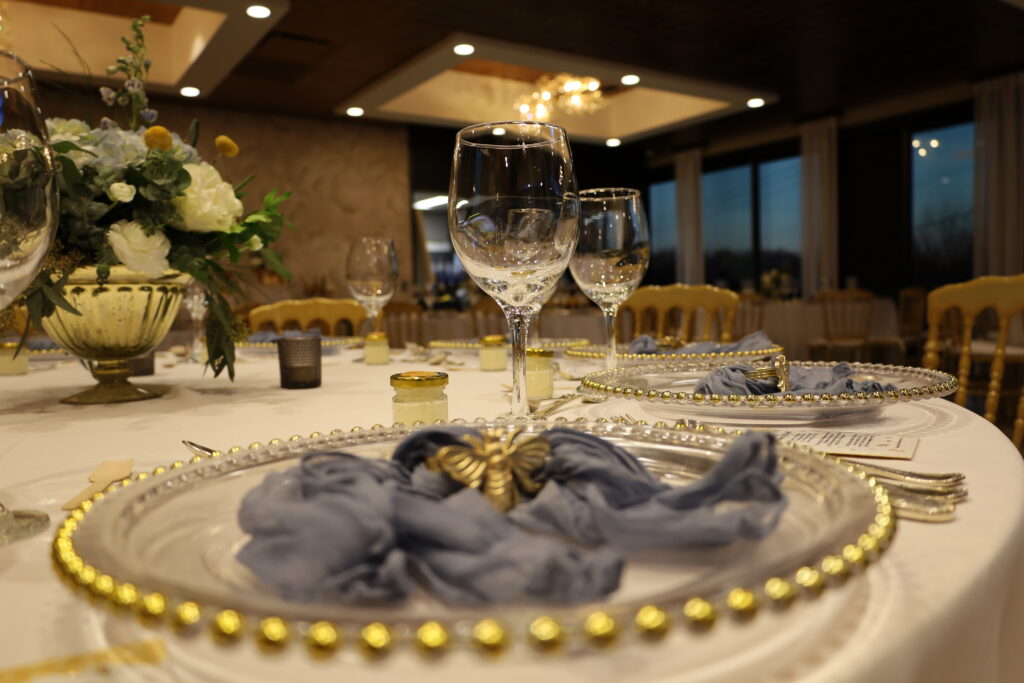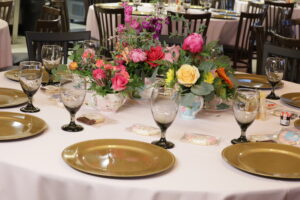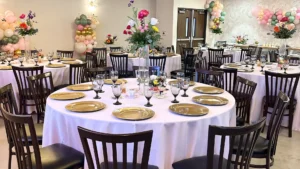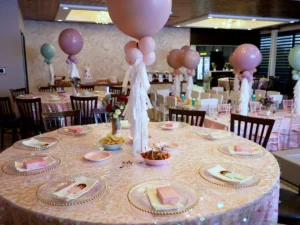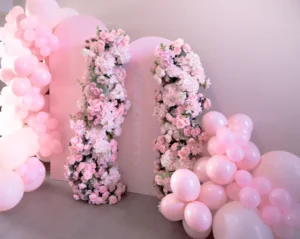When planning a wedding, one of the most significant decisions is selecting the ideal wedding venue. This choice not only sets the tone for your special day but also influences the overall experience for you and your guests. Whether you’re looking for places for a wedding reception nearby or considering different venue styles, finding the perfect setting is crucial. In this article, we will explore various wedding venue types, how to choose local reception spaces, and what to consider when selecting a wedding venue.
1. Defining the Importance of a Wedding Venue
The wedding venue is more than just a backdrop; it becomes an integral part of the celebration. From the exchange of vows to the reception, every detail of the day revolves around the setting. The venue reflects your style and theme, whether it be an intimate garden, a grand ballroom, or a chic loft. It is the canvas where you paint the memories of your wedding.
2. Exploring Different Types of Wedding Venues
Each couple has a unique vision for their wedding, and the venue should match that vision. Here are some common types of wedding venues:
Outdoor Venues: Ideal for nature lovers, outdoor venues such as gardens, beaches, or vineyards offer stunning natural scenery and a relaxed ambiance. These venues provide a breathtaking backdrop and ample space for both ceremonies and receptions.
Indoor Venues: Grand hotels, banquet halls, and ballrooms are classic indoor venue options that offer elegance, luxury, and controlled environments. They are perfect for couples who want a formal, lavish wedding with all the amenities.
Rustic Barns & Farmhouses: For couples seeking a countryside feel, barns and farmhouses offer a rustic, charming venue. These venues often feature wooden beams, vintage décor, and spacious areas perfect for lively receptions.
Unique Venues: Many couples now opt for unconventional spaces such as museums, art galleries, or lofts. These locations provide a quirky, artistic setting, making the wedding stand out as unique and personal.
3. Finding “Places for a Wedding Reception Near Me”
When searching for local wedding reception venues, there are several resources and strategies to consider:
Online Venue Directories: Websites such as WeddingWire, The Knot, or local wedding planning sites offer searchable directories of nearby venues, complete with pictures, pricing, and reviews.
Social Media & Reviews: Platforms like Instagram and Pinterest provide visual inspiration, while Google and Yelp reviews can give insight into the experiences of past couples.
Venue Visits & Tours: Once you’ve shortlisted potential venues, schedule tours to see them in person. This helps you assess the size, ambiance, and whether the venue matches your vision.
Local Recommendations: Ask recently married friends, family members, or colleagues for recommendations. They can provide insights into the service quality and offer honest feedback based on their experience.
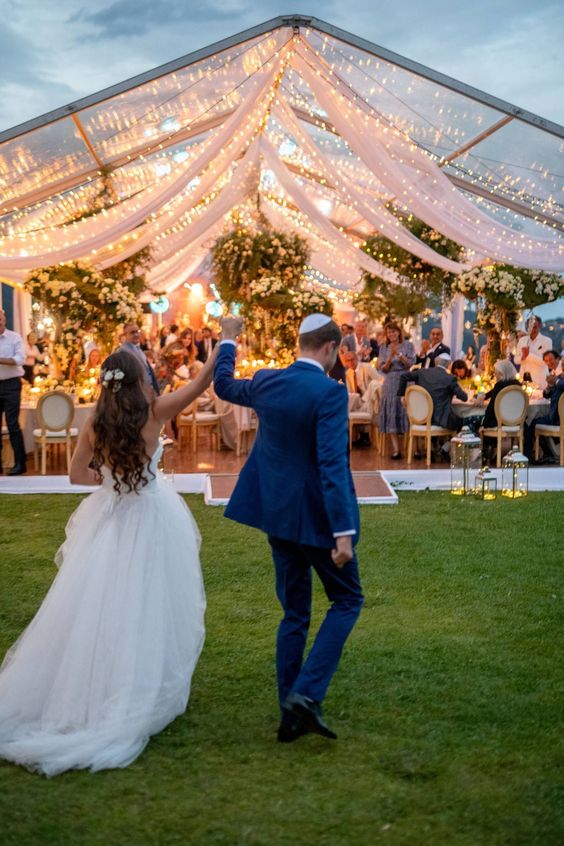
4. Factors to Consider When Choosing a Wedding Venue
Selecting a venue requires careful thought and planning. Here are some key factors to consider:
Guest List: Before booking a venue, finalize the approximate number of guests. A space that’s too large or too small can affect the overall vibe of your wedding.
Location & Accessibility: Consider how easy the venue is to access for your guests. Is it near major transportation hubs? Will guests need accommodations nearby? Choosing a convenient location helps ensure that guests can attend comfortably.
Venue Facilities: Does the venue provide essential amenities such as seating, catering, parking, or audiovisual equipment? If not, you may need to arrange these separately, which could increase your budget.
Weather Contingency: If you’re planning an outdoor wedding, ensure the venue offers a contingency plan in case of rain or extreme weather.
Budget: Wedding venues can range significantly in price, so establish a budget beforehand. Be sure to ask about additional fees for services such as cleaning, overtime, or décor.
5. Personalizing the Venue for Your Wedding
Once you’ve chosen the venue, the next step is to personalize it according to your wedding theme. Whether it’s a bohemian beach wedding, a formal black-tie affair, or a whimsical garden celebration, the venue can be transformed with the right décor, lighting, and details. Here are a few ideas:
Lighting: From chandeliers to string lights, lighting can dramatically change the atmosphere of a space. Opt for soft, romantic lighting to create a warm ambiance for the evening reception.
Floral Arrangements: Beautiful floral arrangements complement any wedding theme and can enhance both outdoor and indoor venues. Choose flowers that match the season and your color palette.
Furniture & Drapery: Customized seating, drapery, and fabric accents bring elegance and personalization to the venue. You can add lounge areas for guests or special backdrops for photos.
Finally, Choosing the right wedding venue is an exciting yet essential part of wedding planning. Whether you’re looking for local reception spaces or considering grand destinations, your venue should reflect your style, accommodate your guests comfortably, and enhance the magic of your special day. By considering factors such as location, guest capacity, and budget, and by personalizing the space with your unique touch, your venue can become the perfect setting for your dream wedding.


